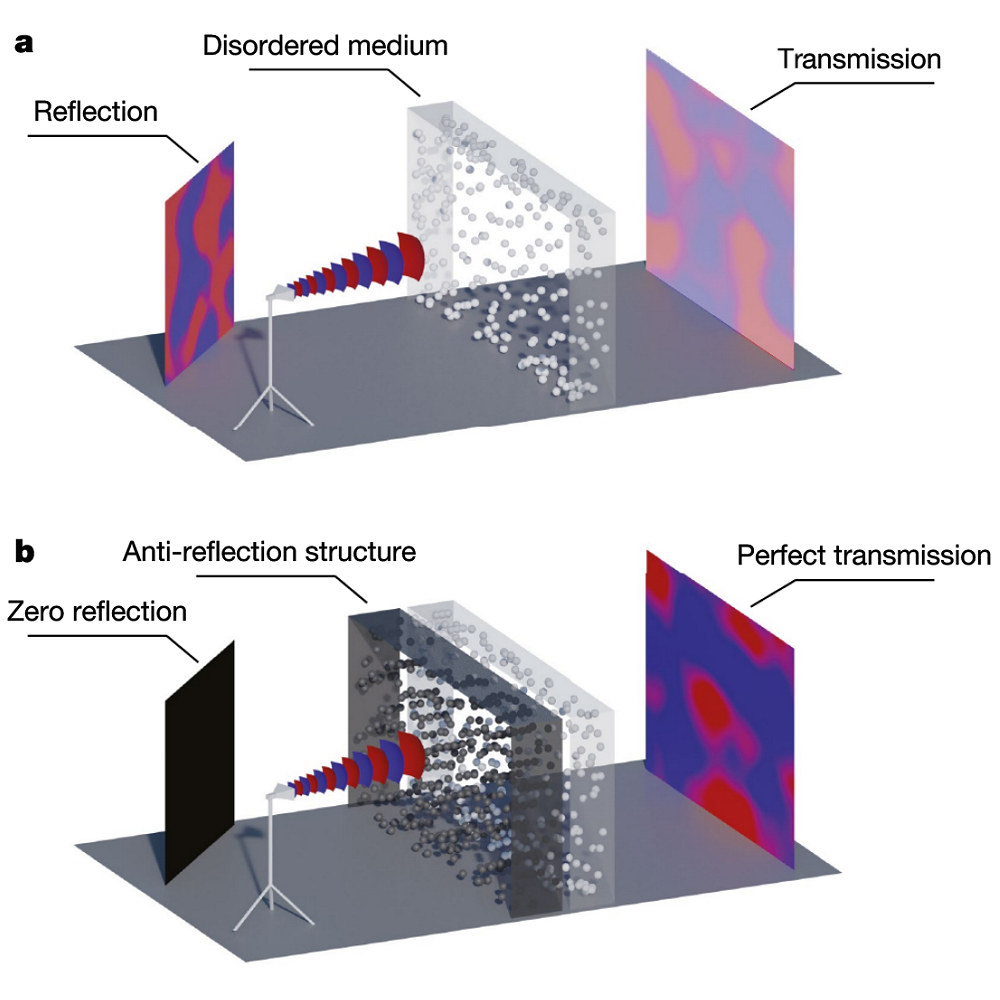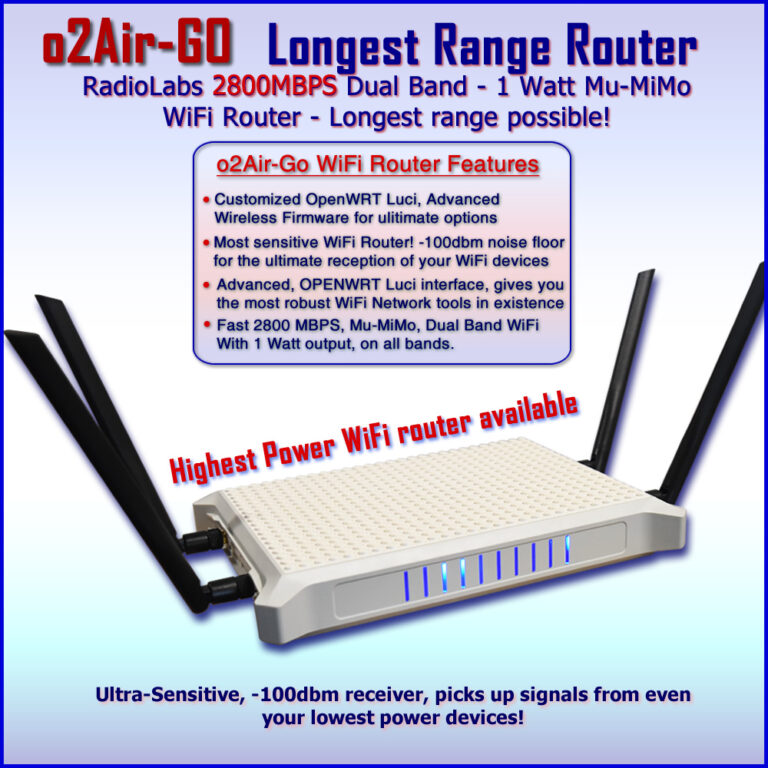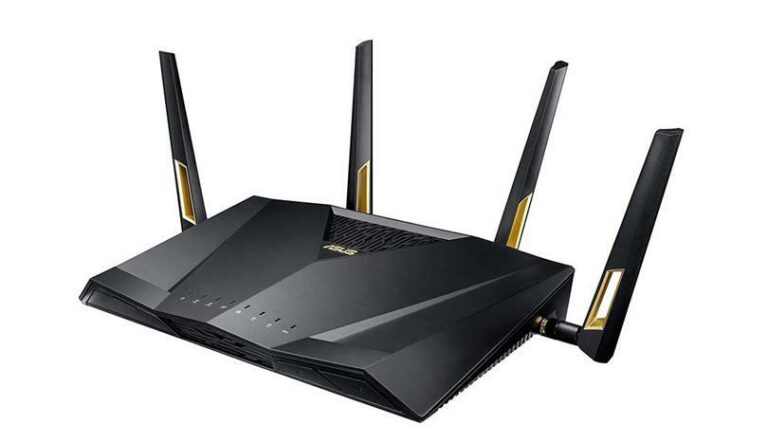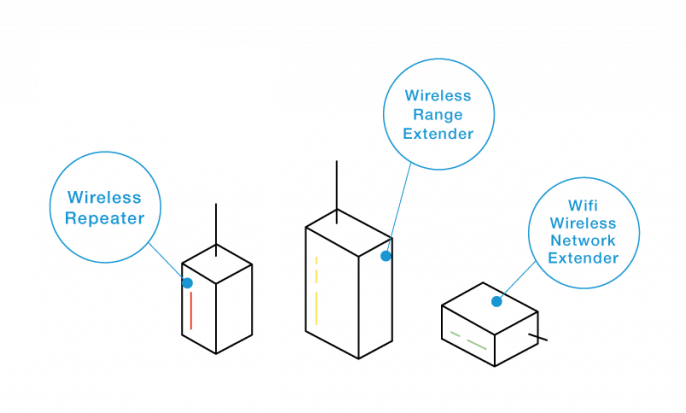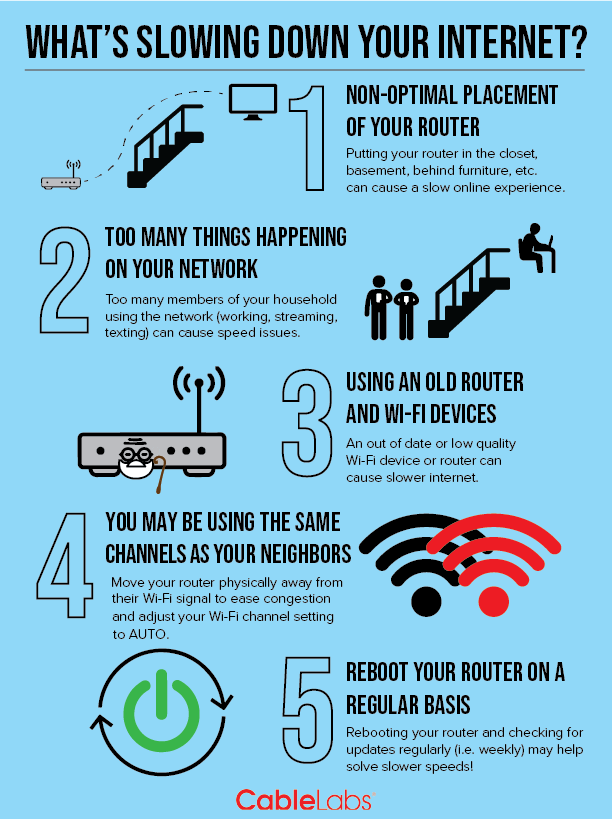Which WiFi Can Penetrate Walls?
WiFi is an invaluable tool for people who need to stay connected, and it’s also great for enjoying streaming services, playing online games, and more. However, one of the major problems with WiFi is that it doesn’t always have a good signal when it has to travel through walls or other obstructions. If you’re looking for a WiFi signal that can penetrate walls and other obstacles, there are several options to consider. Depending on your budget and needs, you can opt for a mesh network, a range extender, or a more powerful WiFi router. Each of these solutions has its own advantages and drawbacks, so you’ll need to determine which one is best for your situation.
Understanding WiFi and Its Limitations
Wireless networks, or WiFi, have become commonplace in many homes and businesses. But what exactly is WiFi, and which WiFi can penetrate walls? To answer these questions, it’s important to understand how WiFi works and the limitations associated with it.
WiFi is a form of wireless networking technology that uses radio waves to transmit data. It operates on a two-way radio system, in which data is transmitted between two devices, usually a router and a computer or mobile device. The routers create a wireless network that can be accessed by any device within range.
The strength of a WiFi signal is affected by the type of router used, the distance between the router and the device, and the number of walls between the device and the router. The type of router used will determine the strength of the signal, with the more powerful routers being able to penetrate more walls. The distance between the router and the device will also impact the signal strength, as the signal will weaken the further away the device is from the router. Finally, the number of walls between the router and the device will also affect the signal strength. Generally, the more walls there are between the router and the device, the weaker the signal will be.
WiFi is a great way to connect multiple devices to a single network, but it does have its limitations. Understanding how WiFi works and which WiFi can penetrate walls can help you select the right router for your needs.
Factors That Affect WiFi Penetration Through Walls
WiFi signals can be tricky to navigate. With the right device, these signals can penetrate walls, allowing for a wireless connection that lets you stay connected in any room of the home. But how easy is it for WiFi to penetrate walls? This depends on a variety of factors.
When it comes to WiFi penetration through walls, the strength of the signal is the most important factor. Walls of different materials can block or weaken signals at various degrees. For instance, solid concrete walls are the most difficult for WiFi signals to penetrate, while brick or wood walls are more permeable. The thickness of the wall also plays a role, as thicker walls will weaken the signal more than thinner walls.
The type of router being used is also a major factor in determining how well WiFi penetrates walls. Older routers tend to have weaker signals, while more modern routers boast stronger signals that can more easily penetrate walls. Additionally, the location of the router can influence the strength of the signal. The closer the router is to the wall, the better chance the signal will have of successfully penetrating it.
Finally, the type of WiFi being used can make a difference. Newer routers are capable of using the 5GHz frequency, which is better at penetrating walls than the 2.5GHz frequency. The 5GHz frequency has a shorter wavelength, which makes it easier to penetrate solid objects like walls.
By understanding these factors that affect WiFi penetration through walls, you can set up your wireless connection in the best possible way. With the right setup, you can enjoy a strong, reliable WiFi connection no matter where you are in the home.
Benefits of High-Quality WiFi That Can Penetrate Walls
WiFi is an essential part of modern life, but not all networks are created equal. High-quality WiFi, such as that which can penetrate walls, offers a variety of advantages and benefits for both personal and business use.
For starters, WiFi that can penetrate walls offers a stronger, more reliable connection. This is especially beneficial for those in large homes, businesses, or areas with thick walls or lots of wireless interference. It also eliminates the need for multiple wireless access points, saving time and money.
Additionally, WiFi that can penetrate walls offers better security. Since the signal can travel further, it is less likely to be compromised by hackers or other malicious individuals. This added layer of protection is especially important for businesses, as it can help ensure the safety of sensitive company data.
Finally, high-quality WiFi that can penetrate walls allows for faster speeds, which can help reduce buffering times for streaming videos and other applications. This can make a big difference in user experience, as well as improving workflows and productivity.
In conclusion, WiFi that can penetrate walls offers a variety of benefits for both personal and business use. Not only does it provide a stronger, more reliable connection, but it also provides better security and faster speeds. Ultimately, these features make WiFi that can penetrate walls the best choice for any individual or organization looking to maximize their wireless performance.

Best Practices for Improving WiFi Penetration Through Walls
WiFi is an essential part of modern life, but it can be challenging to get a signal through walls. Fortunately, there are some best practices you can adopt to improve the signal penetration of your WiFi network. Here are a few of the most effective strategies:
1) Optimize Your Router’s Antenna: Your router’s antenna can be adjusted to improve the signal strength and penetration. By redirecting the antenna to the optimal direction, you can increase the range of your WiFi network.
2) Utilize Access Points: Utilizing access points is an effective way to improve the signal penetration of your WiFi network. By strategically placing access points throughout your home, you can increase the signal strength and range of your network.
3) Choose the Right Router: It is important to select the right router for your home or office. A router with multiple bands and high-gain antennas can improve the signal penetration of your WiFi network.
4) Install a Wireless Range Extender: A wireless range extender can help to boost your WiFi signal and improve its penetration through walls. These devices are relatively inexpensive and easy to install.
By following these best practices, you can improve the signal penetration of your WiFi network and enjoy a stronger, more reliable connection.
Wireless Access Points as a Solution for Homes and Businesses
Wi-Fi is a widely used technology for providing internet access in homes and businesses. However, many people are unaware of the fact that WiFi signals can have difficulty penetrating walls, meaning weaker signals in certain areas. This can cause connection problems and reduce speeds. To combat this, many homes and businesses are turning to Wireless Access Points (WAPs) as a solution.
WAPs are network devices that connect to a router and allow multiple users to access the internet in a single area. By using multiple WAPs throughout a building, it is possible to create a mesh network that provides consistent coverage and speeds in all areas. WAPs are also more secure than traditional WiFi networks, as they reduce the risk of hackers accessing the system.
In addition, WAPs are relatively easy to manage and configure. The technology is highly scalable, so it is possible to deploy more WAPs as needed and create larger networks. This makes them ideal for businesses that are expanding or require more coverage.
Overall, Wireless Access Points are an ideal solution for homes and businesses that want to ensure strong and reliable WiFi coverage throughout their premises. By leveraging WAPs, it is possible to have a stronger connection that can penetrate walls, ensuring consistent coverage and speeds in all areas.
Wrapping Up: The Benefits of Having WiFi That Can Penetrate Walls
WiFi is a ubiquitous technology that keeps us connected to the world around us. But if you have a large home or office, you may have experienced the frustration of dead zones where your WiFi signal can’t reach. The good news is that there are certain WiFi types that can penetrate walls and extend your signal range. In this article, we discussed why it’s important to choose the right WiFi type for your home or office, and which types are best suited for wall penetration.
By understanding the different types of WiFi and their respective abilities to penetrate walls, you can make sure you’re getting the best signal strength and coverage for your home or office. Not only will you have a more reliable connection, but you’ll also benefit from improved network security and privacy. Finally, the right WiFi type can help you save money on expensive equipment upgrades and also potentially reduce your monthly energy bills.
Having the right WiFi type that can penetrate walls is an essential part of enjoying a high-quality internet connection. By understanding the differences between WiFi types and their respective capabilities, you can make sure you’re getting the best coverage possible.
FAQs About the Which WiFi Can Penetrate Walls?
1. What is the best WiFi to use if I want to penetrate walls?
A: The best WiFi to use for penetrating walls is dual-band WiFi, which operates on both 2.4GHz and 5GHz frequencies for optimal coverage and range.
2. Does WiFi strength diminish when it passes through walls?
A: Yes, the signal strength of WiFi can be blocked or weakened when it passes through walls, depending on the type of material used in the walls.
3. Can I use an indoor antenna to get better WiFi range?
A: Yes, you can use an indoor antenna to improve the range of your WiFi signal, as it can help to boost the signal strength and increase the distance it can travel through walls.
Conclusion
In conclusion, it is clear that there is no single WiFi router that can penetrate walls perfectly. The ability of a WiFi router to penetrate walls will depend on various factors, such as the type of router, the construction materials of the walls, and the range of the router. However, routers with high-powered antennas, dual-band technology, and mesh networks can be used to increase the signal strength and range of the router, thereby increasing the chances of the signal penetrating walls.
